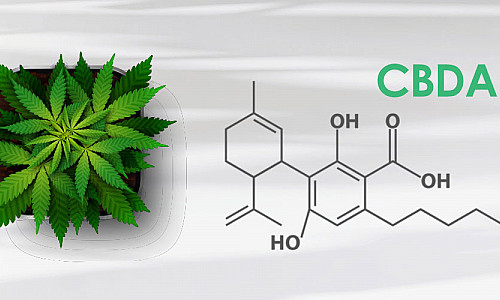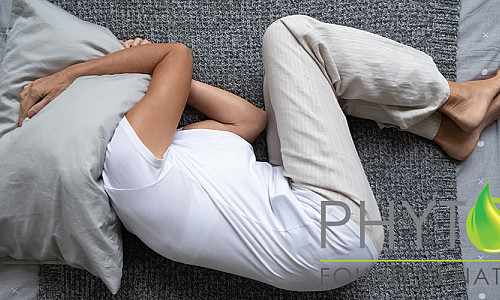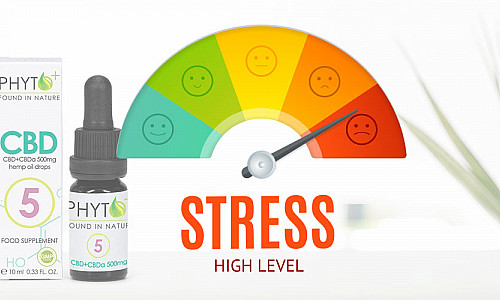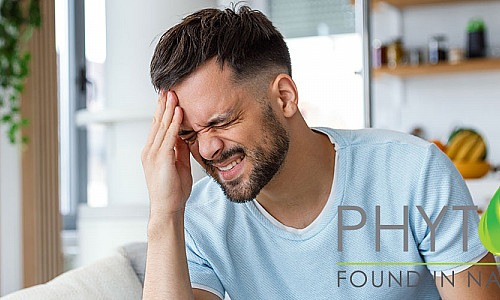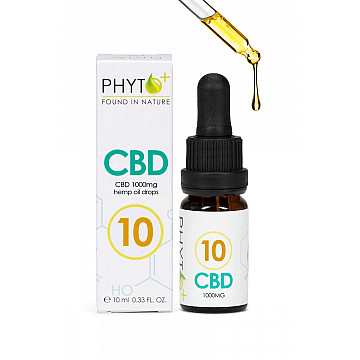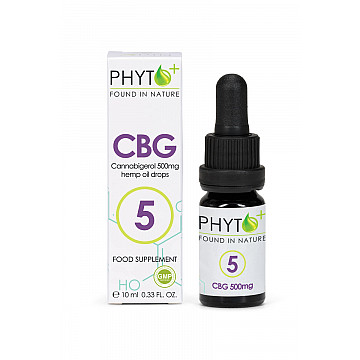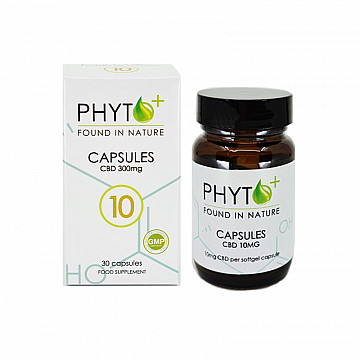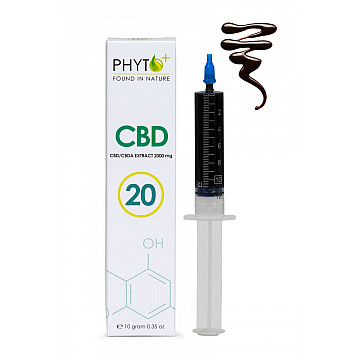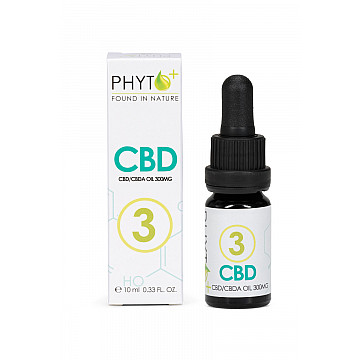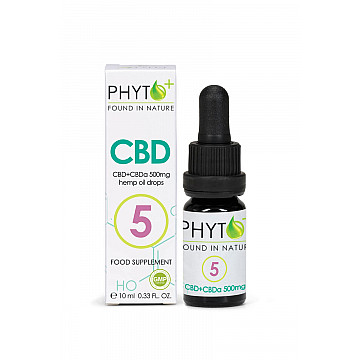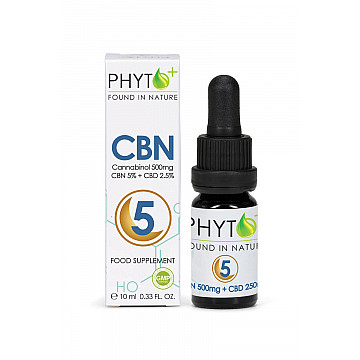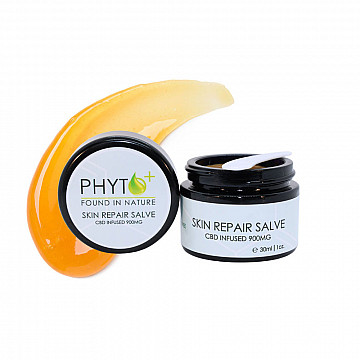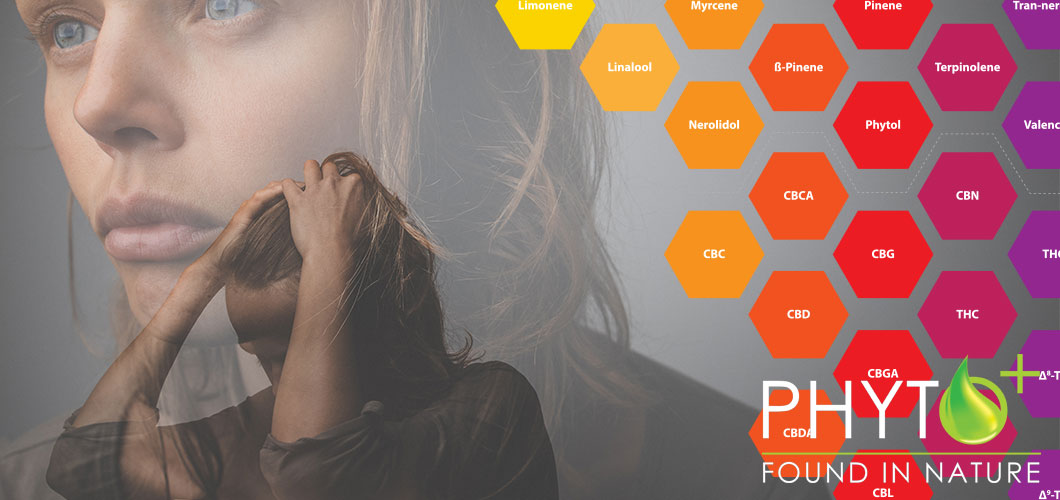
Anxiety is one of the most common mental health conditions, and it can manifest in various ways. But what does anxiety feels like? you might ask; Anxiety is a feeling of unease, such as worry or fear. Some people may experience mild anxiety symptoms, but some suffer from severe anxiety. Everyone feels anxious at some point in life, but for some people, anxiety can be a chronic condition affecting their daily life.
How do you recognize anxiety symptoms?
Since anxiety can manifest in many ways, here are the most common symptoms of anxiety:
- Constant worrying or fear
- Restlessness
- Fatigue
- Irritability
- Muscles tension
- Difficulty concentrating
- Difficulty sleeping
- Rapid heartbeat
- Sweating
- Shortness of breath
- Dizziness
- Nausea
- Stomach upset
If the fears persist longer, you can experience a lot of tension and uncertainty. This is especially the case in new situations. People with anxiety disorder often try to have a fixed pattern per day and not to deviate too much from it. You don't discuss tensions in your relationship either. You are often closed off and don't try to discuss it. Even thinking about it raises fear.
You try to avoid confrontation. This can lead to more anxiety and more problems. For example, you can leave your bills unopened in an envelope if you have money problems.
A large number of people who suffer from anxiety disorder try to flee from the feelings. This can be by lying in bed and avoiding problems by seeking refuge in food or alcohol.
How does an anxiety disorder arise?
An anxiety disorder usually develops gradually. The first sign may be that you feel like you want to be alone. You are more easily startled by things, and you are more afraid. These kinds of anxiety symptoms can turn into a disorder.
It is often impossible to explain where an anxiety disorder comes from. It can be hereditary and run in some families. The way of upbringing can stimulate an anxiety disorder. The home situation and the way you deal with it can determine whether your children, your partner or your family are more likely to suffer from anxiety.
Anxiety can also arise after a violent event or an accident. For example, you may be afraid of being in a car after a car accident.
A physical illness can increase the risk of an anxiety disorder. Drugs and medicines can also provide a strengthening effect.
Some severe chronic anxiety disorders are;
- Generalized Anxiety Disorder (GAD): A condition characterized by excessive and unrealistic worry and tension, even without significant cause.
- Social Anxiety Disorder (SAD): A condition marked by intense fear, self-awareness, and embarrassment in social settings.
- Panic Disorder: a condition marked by recurring, sudden attacks of intense fear accompanied by physical symptoms such as chest pain, heart palpitations, shortness of breath, dizziness, or abdominal discomfort.
- Specific Phobia: This is characterized by a persistent and excessive fear of one particular object or situation.
- Post-traumatic Stress Disorder (PTSD): is characterized by re-experiencing a traumatic event through nightmares, flashbacks, and severe anxiety.
What can you do against an anxiety disorder?
The most important thing is to recognize and talk about an anxiety disorder. You do not have to solve this alone and can seek help for this. Talking about your problem can reduce your problems. There are three basic rules that are extremely effective for promoting your mental health. These are Exercise, Sleep, and Healthy food. They are called the key to mental balance!
1. Exercise
Sports or exercise can help you to have less anxiety or get rid of it faster. Try to take a walk, cycle, or garden every day as long as you move. Also, try to relax or meditate. By being aware of the here and now, you can put everything in order better.
2. Sleep
Good sleep is essential. Your body needs a good night's sleep to recover. Try to get into a routine and go to bed on time. Try reading a book before going to sleep instead of sitting on your cell phone or watching television. In addition to regular sleep, ensure more regularity in your life. Eat at standard times, and keep working if possible.
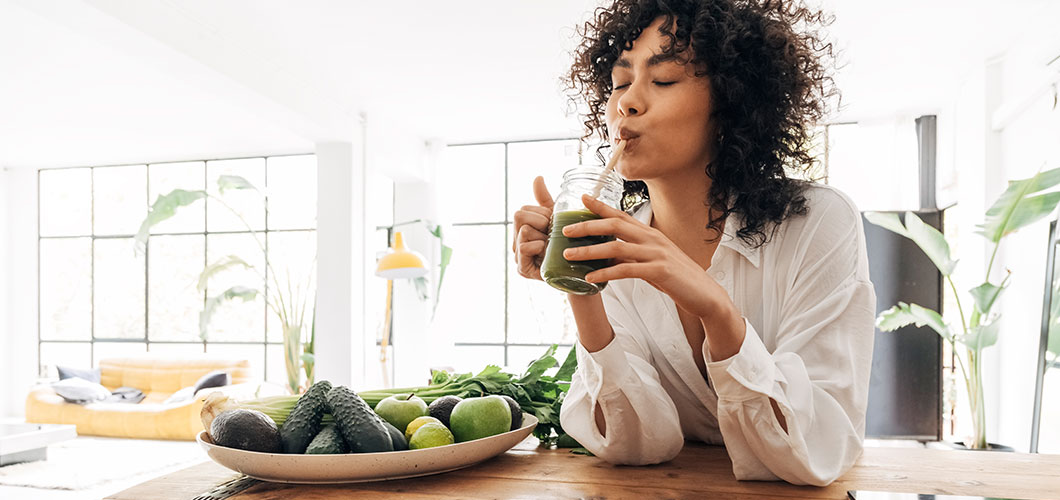
3. Healthy diet
Follow a healthy diet, and use vitamin supplements and CBD oil. A good diet is vital. Clean foods (like vegetables, fruits, whole grains, nuts, fish, and poultry) are fundamental for your intestinal flora, which has been proven to have a significant influence on your mental health.
Don't
Do not use drugs or energy drinks. Alcohol won't help you with your anxiety either. Therefore, try to drink as little alcohol as possible.
Does CBD oil help with anxiety?
One of the potential health benefits of CBD oil is reducing anxiety. CBD oil can help you get rid of your fears. CBD can provide a better night's sleep, inner peace, and less stress.
CBD is believed to work by impacting the body's endocannabinoid system (ECS), which is critical in regulating various physiological processes throughout the body, including mood. The ECS, which is made up of receptors (receivers), enzymes, and endocannabinoids, interacts with the phyto- cannabinoids in CBD oil. The CB1 and CB2 receptors specifically play a key role in regulating emotional responses. When CBD interacts with these receptors, it can help to modulate the release of neurotransmitters such as serotonin and GABA, which are known to regulate mood and anxiety.
Additionally, CBD has been shown to have an anti-inflammatory effect, which can also help to reduce anxiety. Inflammation has been linked to anxiety, and by reducing inflammation, CBD may help to lower anxiety symptoms.
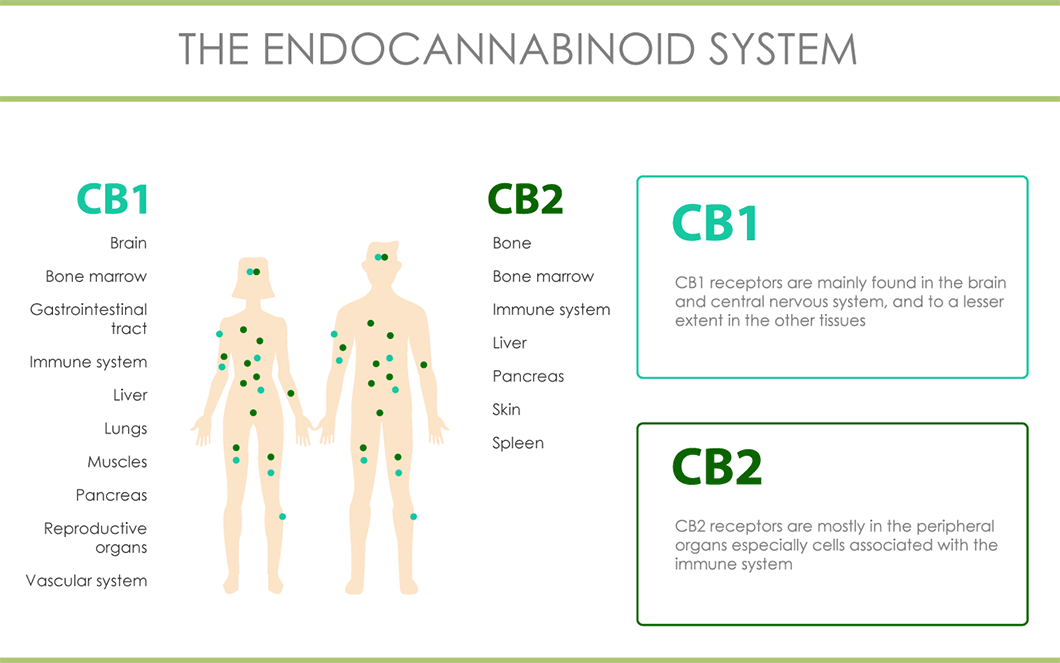
CBD oil affects the serotonin hormone
But how does cannabidiol work as an active substance against anxiety disorders? Its effect has to do with the hormone serotonin. Serotonin largely determines your state of mind. It is, therefore, also responsible for feelings such as anxiety, depression, or stress. CBD oil has a regulatory effect on serotonin levels in your body, helping to control symptoms of anxiety disorders.
Does CBD oil really help alleviate anxiety? This question is asked very often, especially since cannabis is more thought of as an addictive drug than as a supplement. However, several scientific studies in both humans and animals show that CBD oil is actually able to control the symptoms of anxiety.
How to use CBD for anxiety?
The best way to start using your CBD is with a low dose, just a few drops, or a low-concentration capsule. For drops, you take 1 to 2 drops in the morning and repeat this at night. Gradually increase the oil drops with one drop per session every three to four days to find the right amount that works for you.
The easiest and most effective way to take CBD oil for anxiety:
- Sublingual: CBD oil or tincture can be dropped under the tongue and held there for about 60 seconds before swallowing.
- Oral: CBD capsules are straightforward and discreet. You know precisely which amount you are taking.
How much CBD Oil do you use for anxiety?
The appropriate dosage of CBD oil for anxiety can vary depending on the individual and the severity of their symptoms. However, generally speaking, a starting dosage of CBD oil for anxiety is typically around 2 to 3 drops or 1 to 2 capsules daily. It's best to start with a low dose and gradually increase it over time until you find the right amount for you.
Read about: What is the best CBD dosage for me?
Always use a high-quality CBD Oil for Anxiety.
Are you planning to start using CBD oil for anxiety issues? In that case, It's important you use only high-quality, third-party-tested CBD oil products like our PHYTO+ CBD Oils, as the quality and purity of some CBD products available on the market may vary.
Note that:
CBD is not a substitute for professional medical treatment. Anxiety disorder is a treatable condition, and there are many effective treatment options available. If you or someone you know is experiencing severe anxiety symptoms, it is essential to seek professional help.
Questions?
Do you have any questions after reading this Blog? Feel free to contact our help desk. Our specialized team is ready to answer all your questions!


